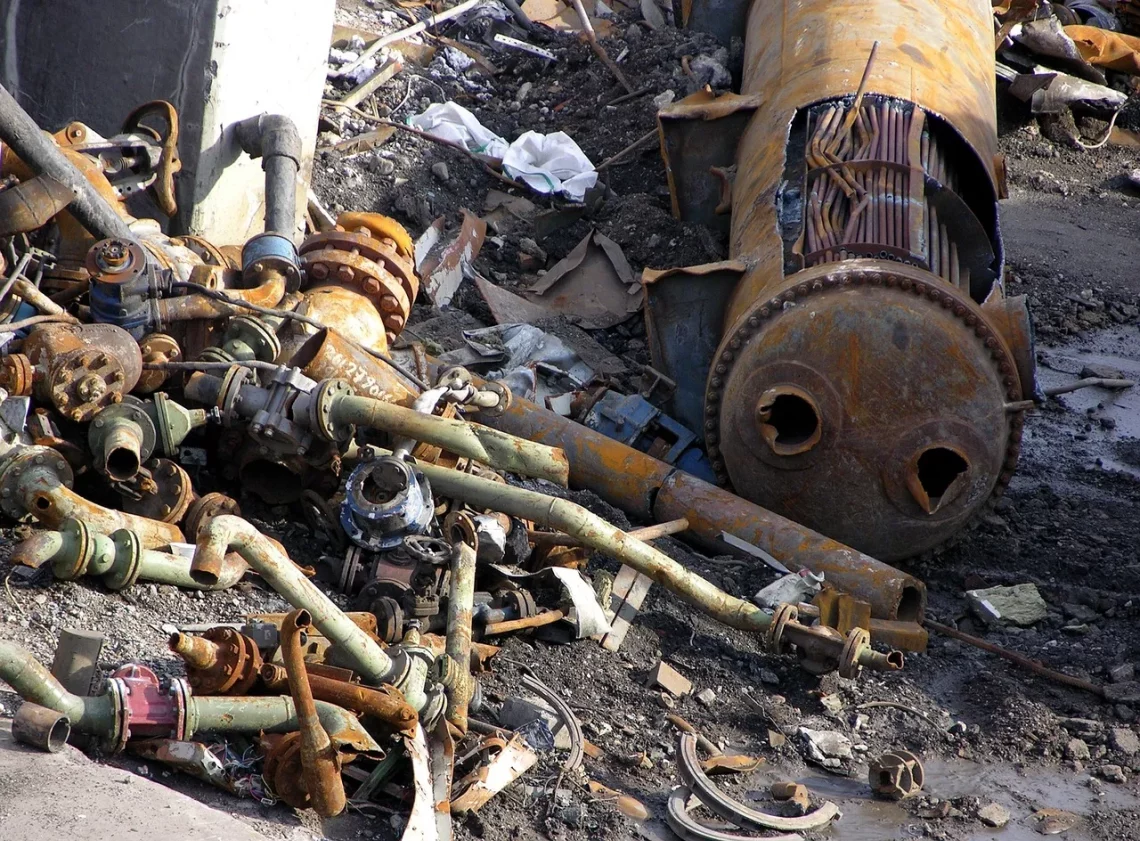
Essential Guide to Choosing the Right Ferret Litter Box
When it comes to providing the best care for your ferret, selecting the right litter box is a crucial yet often overlooked decision. Ferrets are playful, curious creatures that require a safe and comfortable environment, and their litter box is an essential part of that habitat. Unlike cats, ferrets have unique habits and needs, which means that not every litter box will suit their requirements. Understanding how ferrets use their litter boxes can help you make an informed choice that promotes cleanliness, comfort, and health for your furry friend.
Choosing the right litter box isn’t just about size or style; it involves considering your pet’s behavior, your home environment, and even your personal preferences as a pet owner. With a variety of designs and materials available on the market, it can be overwhelming to find the perfect fit. However, taking the time to research and assess your options can lead to a happier and healthier living space for both you and your ferret. In this guide, we will explore essential factors to consider when selecting a litter box for your ferret, ensuring that your choice meets their unique needs and enhances their overall well-being.
Understanding Ferret Behavior and Litter Box Needs
Ferrets have distinct behaviors that significantly influence their litter box habits. Unlike cats, ferrets are more likely to mark their territory and can be quite particular about their bathroom habits. Understanding these behaviors is key to selecting the right litter box. Ferrets usually prefer a specific corner of their enclosure to relieve themselves, which makes it essential to observe their habits closely when introducing a litter box.
One of the primary aspects to consider is the size of the litter box. Ferrets are agile and active animals, so a box that is too small may deter them from using it. A spacious litter box allows them to move around comfortably, which is essential for their natural instincts. Additionally, ferrets tend to dig and burrow, so a box with higher sides can prevent litter from spilling out and keep your space cleaner.
The type of litter you choose also plays a significant role in their comfort. Ferrets have sensitive noses, so opting for unscented, dust-free litter can prevent respiratory issues and make the experience more pleasant for them. Many ferret owners prefer paper-based or biodegradable litters, which are both safe and environmentally friendly. Always ensure that the litter you select is non-toxic, as ferrets are known to explore their surroundings by nibbling on items, including their litter.
Moreover, placement of the litter box is critical. Ferrets thrive on routine, so placing the box in a consistent location will help them learn where to go. It’s advisable to have multiple boxes if you have more than one ferret, as this can reduce territorial disputes and encourage them to use their designated areas more consistently.
Choosing the Right Size and Design
The size and design of the litter box can make a significant difference in your ferret’s willingness to use it. When selecting a litter box, consider the dimensions that will accommodate your ferret’s size and behavior. Generally, a larger box is preferable, as it provides ample space for your ferret to move around. A box that measures at least 24 inches long and 18 inches wide is ideal for most ferrets.
Design also plays a crucial role in usability. Some litter boxes come with high sides to prevent litter from being kicked out, while others feature lower entry points for easy access. For young or elderly ferrets, a lower entry may be beneficial, allowing them to enter and exit with ease. Conversely, if you have a particularly energetic ferret, a higher-sided box may be necessary to minimize mess.
Another design feature to consider is the shape of the litter box. Some ferret owners prefer corner boxes, which can fit snugly into enclosures without taking up too much space. Others may opt for traditional rectangular boxes, which offer a flat surface for easy cleaning. Regardless of the design you choose, ensure that the box is sturdy and doesn’t tip over easily, as ferrets can be quite playful and may try to climb on or jump into their litter boxes.
Lastly, consider the ease of cleaning when choosing a litter box. A removable tray or a box with a non-stick surface can simplify the cleaning process, making it easier to maintain a hygienic environment for your ferret. Regular cleaning is crucial not only for odor control but also for your ferret’s health.
Types of Litter and Their Benefits
Choosing the right type of litter is just as important as selecting the right litter box. The type of litter you use can influence your ferret’s comfort, health, and the overall cleanliness of their environment. There are several types of litter to consider, each with its own set of benefits and drawbacks.
Paper-based litters are a popular choice among ferret owners. They are typically soft and absorbent, making them comfortable for your ferret to use. Additionally, paper litters are often biodegradable, which appeals to environmentally conscious pet owners. They also produce less dust than clay-based litters, reducing the risk of respiratory issues in your ferret.
Wood-based litters, such as those made from pine or cedar, offer natural odor control and can be an excellent option for ferrets. However, it’s essential to choose kiln-dried options, as untreated wood can release harmful phenols that may irritate your pet’s respiratory system. Always opt for products specifically labeled as safe for small animals to ensure their well-being.
Clay-based litters, particularly clumping varieties, are also widely available and can be effective in controlling odors. However, they can produce dust, which may be harmful to your ferret’s lungs. If you choose a clay litter, look for low-dust formulations and monitor your ferret for any signs of respiratory distress.
Finally, consider using litter that is specifically designed for ferrets. These litters often combine the best features of various materials, offering superior odor control, absorbency, and safety. Whatever type of litter you choose, ensure that it is non-toxic and safe for your ferret to interact with.
Maintenance and Cleaning Tips for Ferret Litter Boxes
Once you’ve chosen the right litter box and litter for your ferret, maintaining cleanliness is crucial for their health and happiness. Regular cleaning helps prevent odors and keeps your ferret’s environment hygienic, which is essential to their overall well-being. Here are some tips for effective maintenance.
First, establish a cleaning routine. Daily spot cleaning is recommended to remove soiled litter and waste. This not only keeps the litter box smelling fresh but also encourages your ferret to continue using it. Remove any clumps of waste and replace soiled litter as needed.
Deep cleaning should be performed weekly. This involves emptying the entire box, washing it with a pet-safe disinfectant, and thoroughly rinsing it to remove any residue. Allow the box to dry completely before adding fresh litter. Regular deep cleaning helps prevent the buildup of bacteria and odors that can affect your ferret’s health.
When cleaning, take care to also clean surrounding areas. Ferrets are notorious for scattering litter outside the box, so be sure to vacuum or sweep up any stray litter or waste around their enclosure. This helps maintain a clean and comfortable living space.
Lastly, always observe your ferret’s behavior regarding their litter box. If you notice any changes in their habits, such as avoiding the box or exhibiting signs of discomfort, it may indicate an issue with the litter or box itself. Addressing these concerns promptly can prevent further health issues and ensure a happy, healthy environment for your beloved pet.
In conclusion, selecting the right litter box for your ferret involves careful consideration of their unique behaviors and needs. From understanding their preferences to choosing the right size, design, and type of litter, making informed decisions can significantly enhance your ferret’s quality of life. Always prioritize cleanliness and maintenance to promote a healthy living environment for your furry friend.
**Disclaimer:** This article is not intended as medical advice. For any health concerns regarding your ferret or other pets, please consult a veterinarian.




